Communities across the country are working to become more resilient and to be in a better place before, during and after disasters. Learn about the ways that FEMA and states, local communities, territories and Tribal Nations are working together to become more prepared for the future.
Enabling Recovery
Enhancing Response
Building Capacity
Training a Skilled Workforce
Readying a Country
Enabling Effective and Efficient Recovery Strategies
Puerto Rico: From Recovery to Resilience

Efforts to help rebuild Puerto Rico after hurricanes María and Fiona, and the earthquakes, are paving the way for an unprecedented opportunity to recover in a way that builds resilience.
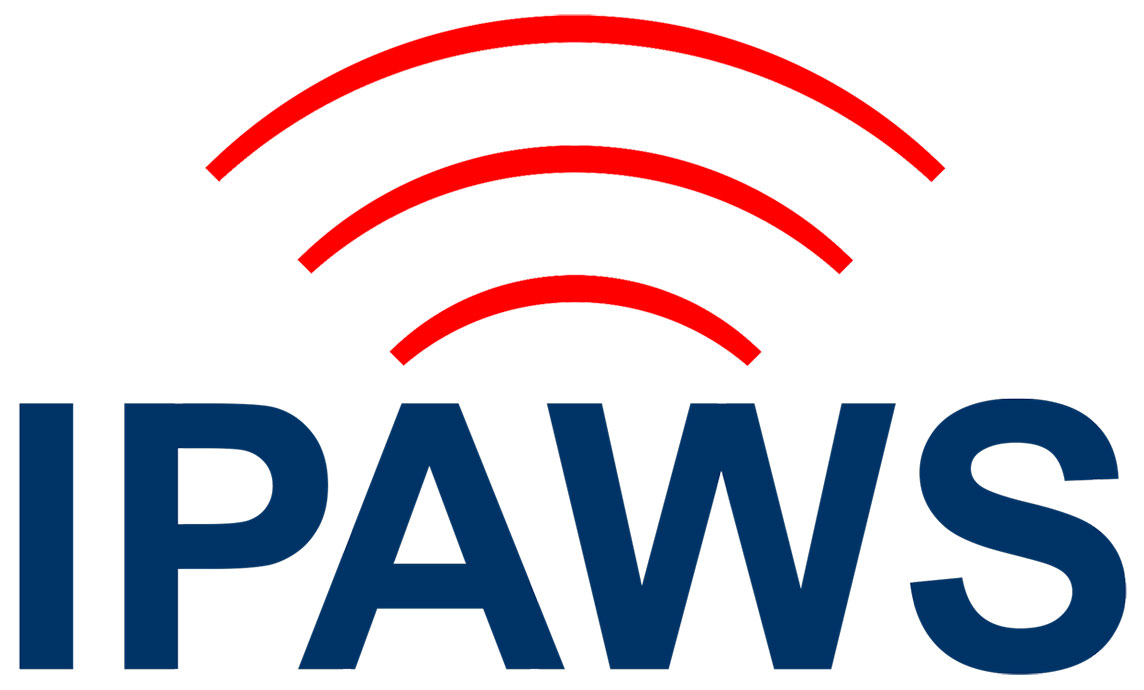
How FEMA’s Integrated Public Alert and Warning System Plays a Role in Recovery of Children
FEMA’s Integrated Public Alert and Warning System (IPAWS) plays a crucial role helping locate missing children through distributing America’s Missing: Broadcast Emergency Response (AMBER) Alerts.
Read the Blog
Enhancing Response Capabilities
FEMA’s Assistant Administrator for Response Shares What it Means to Lead During Times of Crisis
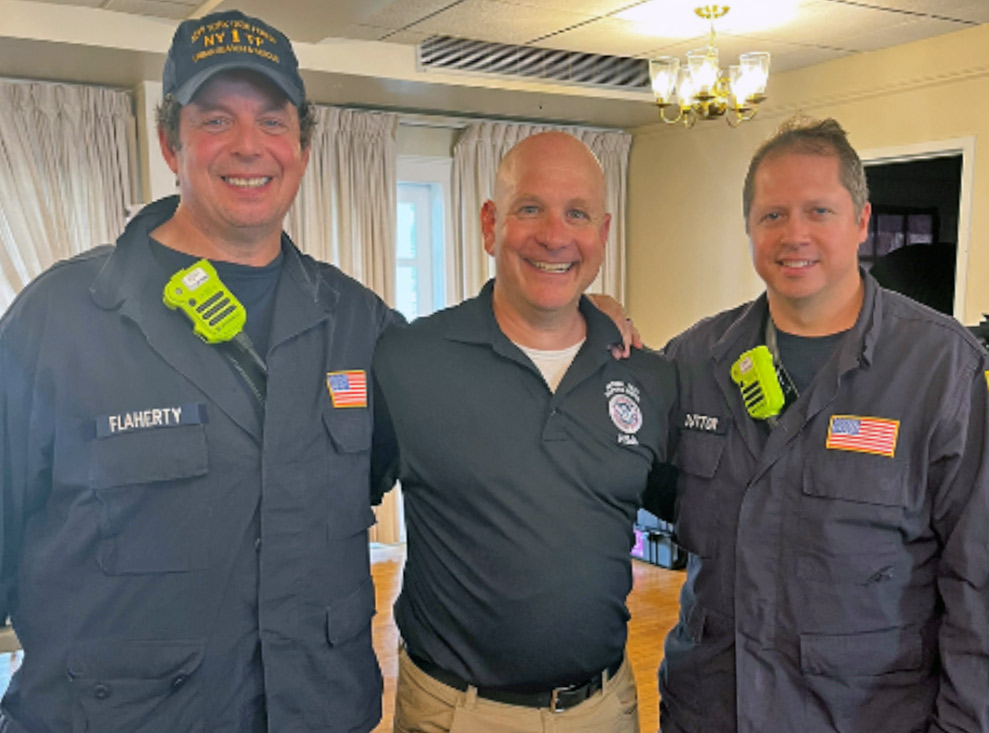
FEMA’s Assistant Administrator for Response John Rabin was invited to discuss what it means to be a leader in today’s hazard and threat landscape.
Read the Blog
Partnerships: A Tactic for Resilience
In times of crisis, the collaboration between the federal government and nongovernmental organizations is not just beneficial – it’s crucial.
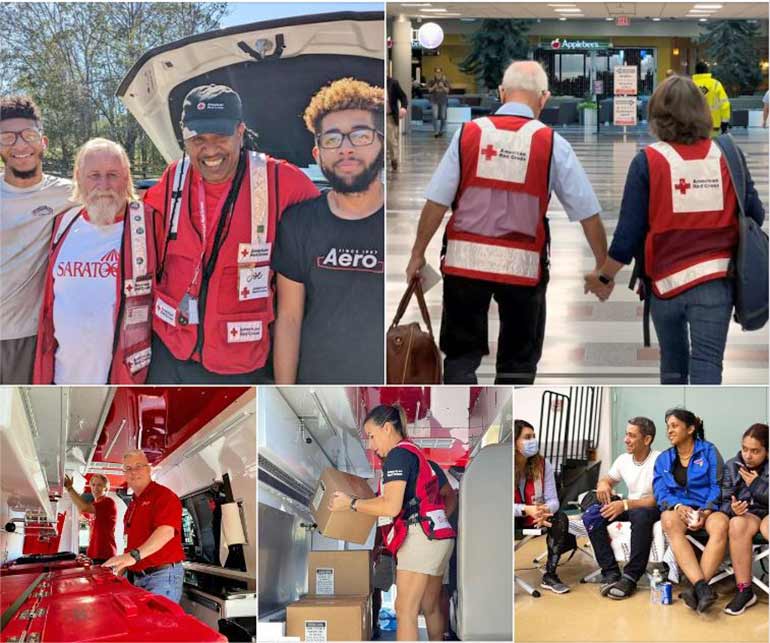
Learn How
Building Local Capacity
Princeville, North Carolina is Protecting Their Legacy and Building Their Town Back Stronger
This small historic town, the first to be chartered by freed slaves in America, has suffered from devastating flooding. Today they are working on a plan to build back better and stronger to save their town.
Partnering with the Native Village of Kwigillingok to Build Climate Resilience
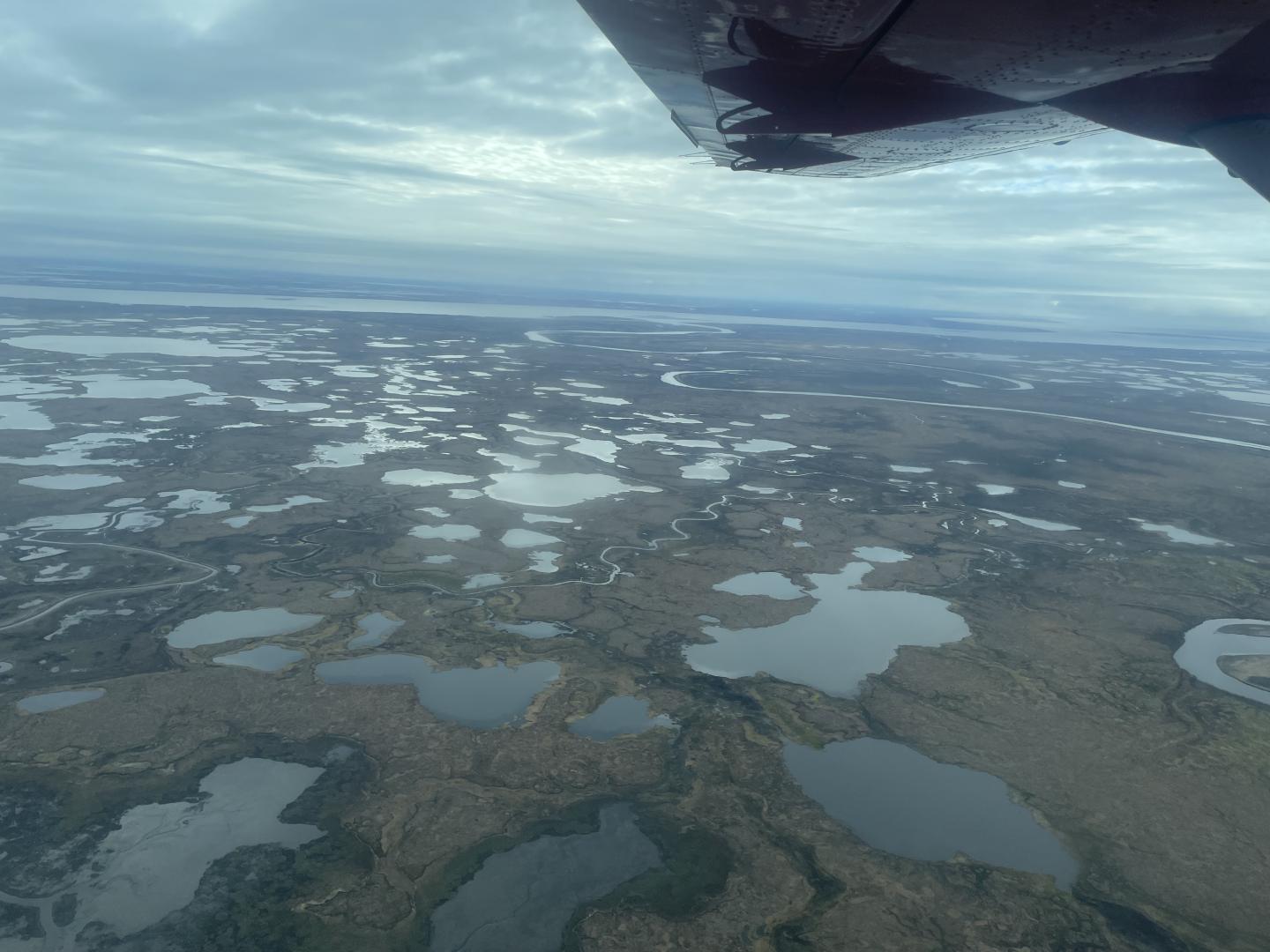
Climate change is creating new and complex risks for communities across the nation, particularly for those in rural and remote Alaska. BRIC Direct Technical Assistance is helping communities like the Native Village of Kwigillingok build their resilience.
Learn How
Enhancements at the Mineral Ridge Dam
The $38 million FEMA investment into the Mineral Ridge Dam will help the Ohio Emergency Management Agency and the Mahoning Valley Sanitary District reduce the risks of downstream flooding and protect the drinking water for more than 220,000 people in and around Youngstown, OH.
Learning to Build Resilience from Tribal Nations

While concerns about Climate Change have grown greatly during the last half century, Tribal Nations have been focused on protecting the planet for generations.
Oyster Lake Dune Improvements
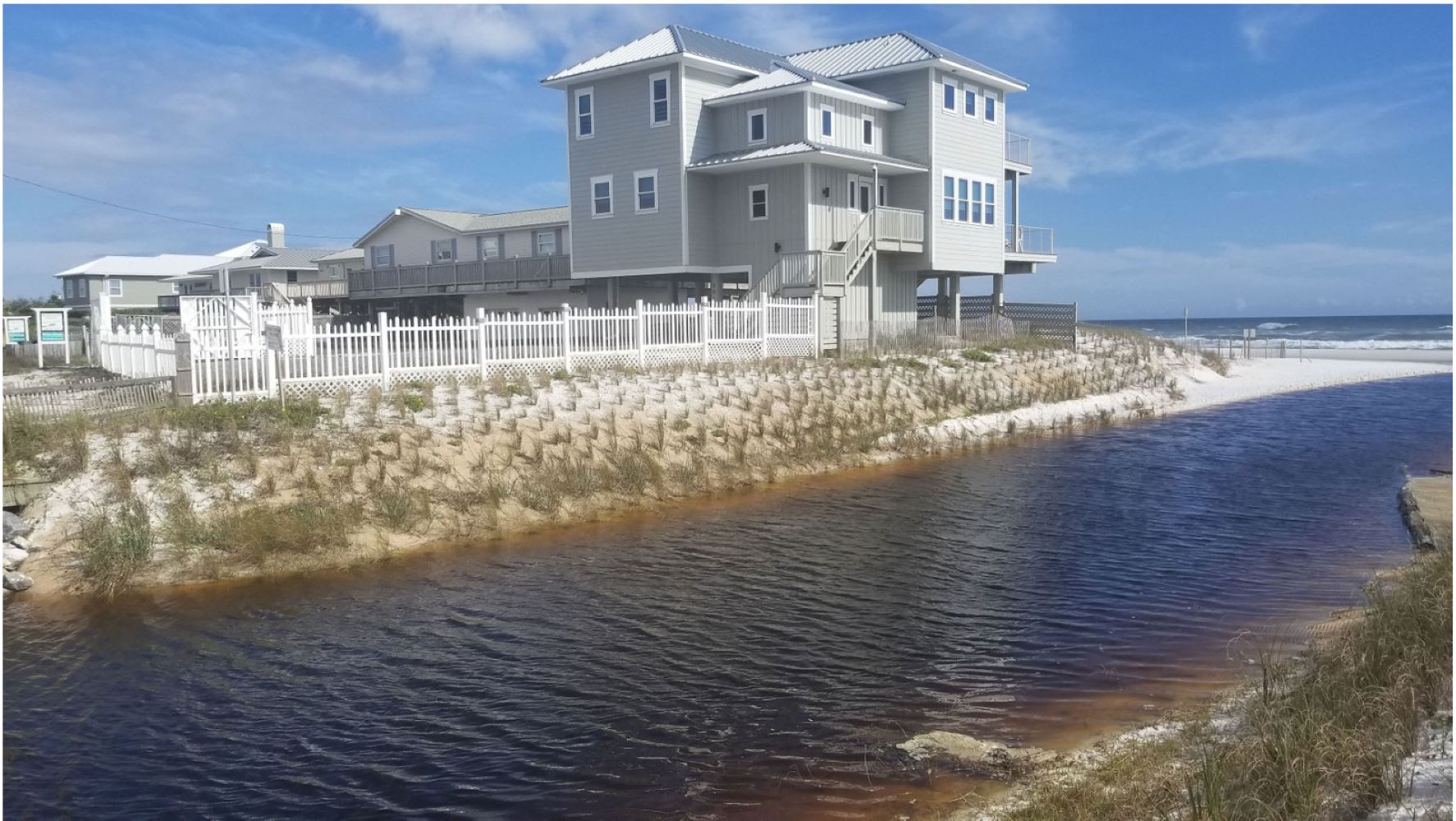
Improving water flow out of the dune was an important step in preparing for hurricanes and protecting against coastal flooding.
Read More
Bring Out the Sheep

Sheep and goats are being used as a novel nature-based solution to help prevent wildfire spread in Regions 8 and 9.
Learn How
Training and Resourcing a Skilled Workforce
Experts Discuss Crisis & Risk Communications to Meet the Needs of Communities
When a crisis occurs, communities need actionable messaging, reflective of their unique circumstance in order to respond. FEMA is leading efforts to strengthen organizations and agencies' commitment and ability to create and deliver tailored messaging.
Listen to the Podcast
Readying Individuals, Households and Communities
Preparing for Coastal Hazards
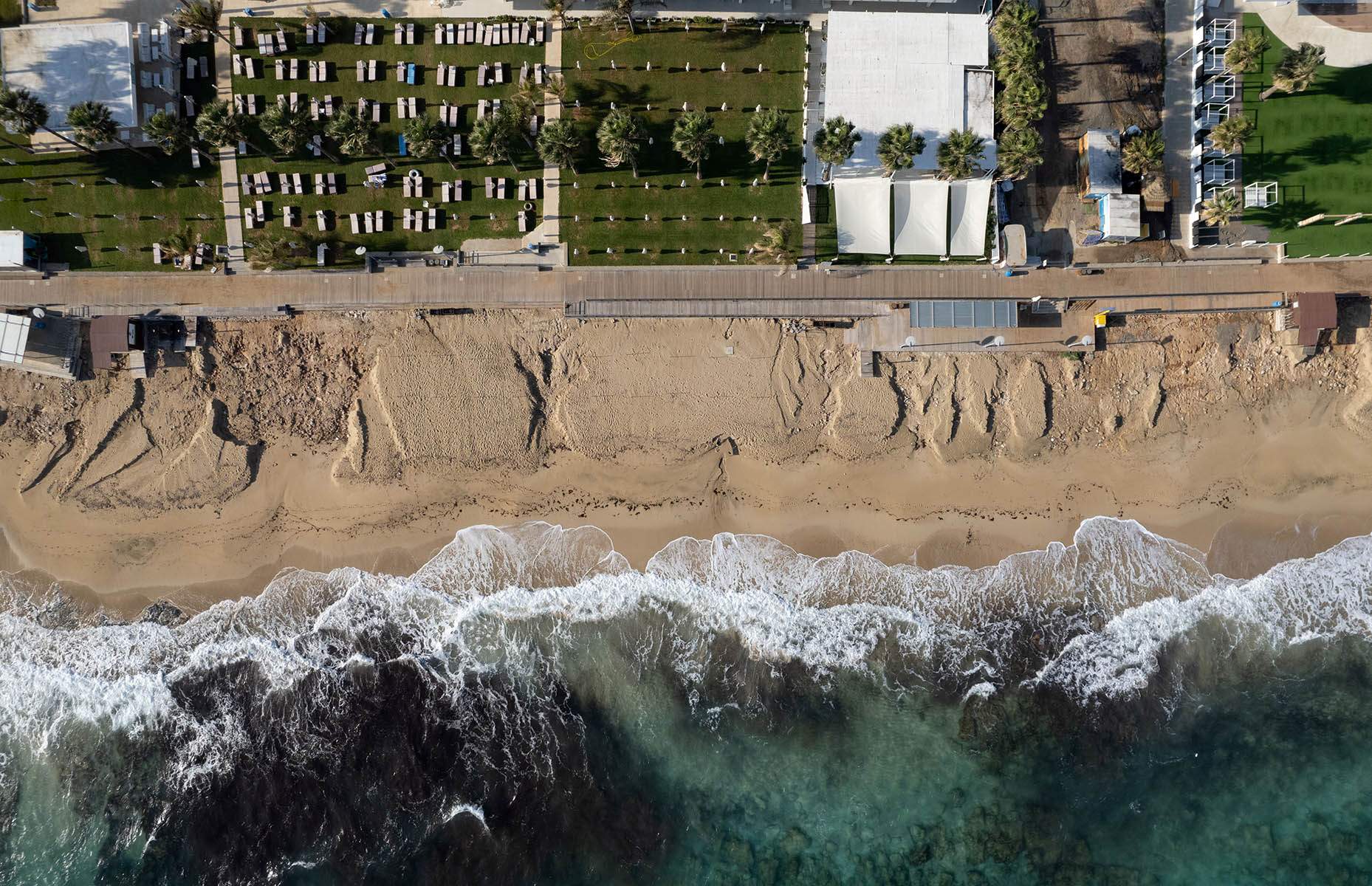
Living near the coast has its perks, from picture-perfect views to being able to swim in the ocean. But it also comes with significant hazards. We can stay safe by working together to stay strong against the hazards of coastal living. the hazards


